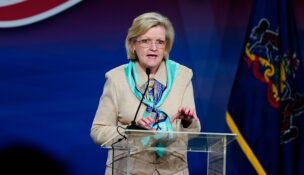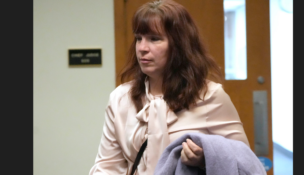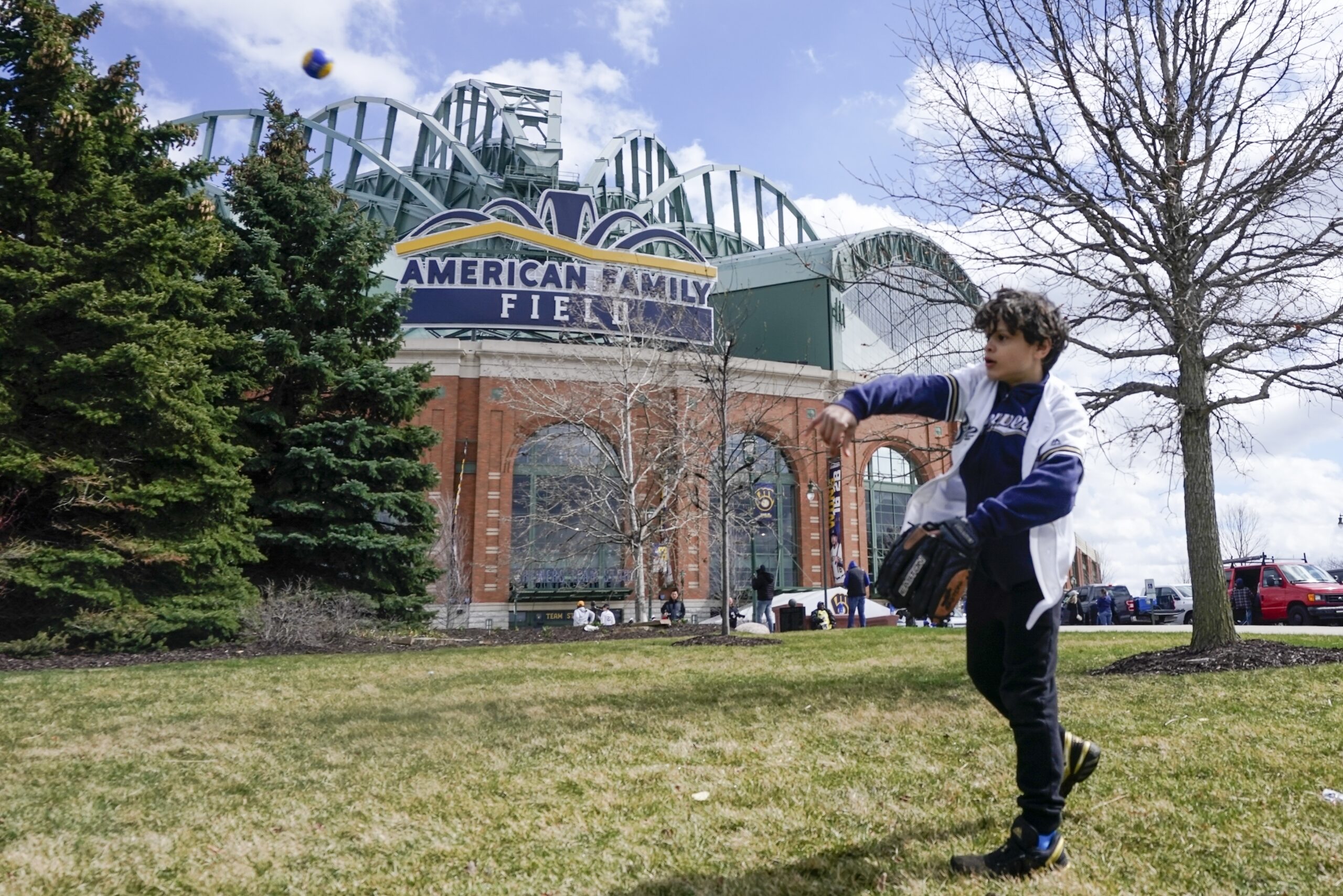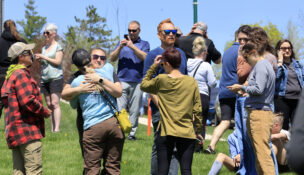Officials decide to continue union votes after high court ruling
By: Associated Press//November 25, 2013//
Officials decide to continue union votes after high court ruling
By: Associated Press//November 25, 2013//
By TODD RICHMOND
Associated Press
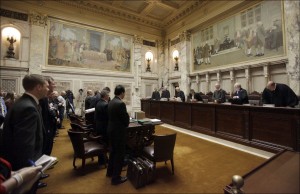
MADISON, Wis. (AP) — Wisconsin officials decided Monday to move ahead with elections that will allow school workers to decide if their unions should retain the last shred of negotiating power Republican Gov. Scott Walker left them.
The elections were scheduled to begin in November, but the Wisconsin Employment Relations Commissions put them on hold after a Madison judge ruled the commission can’t enforce the provisions on any local public unions statewide.
But the state Supreme Court vacated that ruling last week and the commission voted 2-0 in closed session on Monday to re-start the elections for about 400 unions. The elections are set to begin Friday and will continue through noon on Dec. 19.
The elections are crucial to the unions’ future. Walker’s collective bargaining restrictions stripped public worker unions of their rights to bargain for anything beyond base wage increases based on inflation.
They also require the unions to hold annual elections to see if members want the unions to go on representing them in those limited salary negotiations. The restrictions set a high bar; 51 percent of a union’s eligible voters must approve for the organization to continue to represent them.
Dane County Circuit Judge Juan Colas in 2012 found the restrictions unconstitutional as they applied to a Madison teachers union and a Milwaukee public workers union. WERC stopped enforcing the restrictions on those two unions but continued to prepare for re-certification elections for school district worker unions, arguing Colas’ ruling didn’t apply statewide.
Colas’ ruling didn’t affect state employees; their unions held their elections last month as scheduled. But six unions asked the judge to find WERC in contempt of court for enforcing the elections against the locals. Colas issued the contempt finding in October, saying his 2012 ruling meant WERC can’t enforce Walker’s provisions against any local public employee union.
State attorneys representing the Walker administration have appealed the 2012 ruling to the state Supreme Court. They also immediately appealed the contempt finding to the high court, which is controlled by conservative-leaning justices.
The court has yet to issue a ruling on the merits of the 2012 decision but last week vacated the contempt order, saying only the justices could do issue such a finding.
The unions had until Aug. 30 to notify WERC if they planned to hold the elections, which were set for November. WERC attorney Peter Davis said 401 unions made the request by the deadline. Any that didn’t are now automatically decertified, he said. The commission didn’t have any estimates on how many unions didn’t make the deadline.
Davis, WERC’s attorney, said any unions that didn’t alert the commission it would hold an election by the August deadline are now automatically decertified. He didn’t have any estimates on how many didn’t make the deadline.
Lester Pines is an attorney for the Madison teachers as well as the Kenosha Education Association, one of six unions that sought the contempt order. He has said previously if WERC decided to move ahead with the elections the unions might ask the Supreme Court to find them in contempt. He didn’t return an email message Monday morning.
Legal News
- Wisconsin lawyers file University of Wisconsin public records request seeking answers to protests
- Wisconsin Supreme Court issues orders amending Supreme Court rules and Wis. Stats.
- EXCLUSIVE: Former Milwaukee ‘big law’ partner attacks news media for bias against Trump
- Former Milwaukee election official fined for obtaining fake absentee ballots
- Contract dispute prevents airing of 15 regional sports networks, impacts Brewers
- Wis. middle school focuses on recovery as authorities investigate shooting
- Gov. Evers seeks applicants for Sheboygan and Green County Sheriffs
- North Carolina man who harbored Nazi memorabilia and attacked Black and Latino men sentenced to 41 months
- Nation grieves with families of officers killed in NC
- Amended complaint filed in federal court against State Bar of Wisconsin seeks punitive damages
- United Healthcare suit against cancer drug distributor time-barred
- Trump’s Wisconsin visit warns of jail time if he violates a trial gag order
WLJ People
- Power 30 Personal Injury Attorneys – Russell Nicolet
- Power 30 Personal Injury Attorneys – Benjamin Nicolet
- Power 30 Personal Injury Attorneys – Dustin T. Woehl
- Power 30 Personal Injury Attorneys – Katherine Metzger
- Power 30 Personal Injury Attorneys – Joseph Ryan
- Power 30 Personal Injury Attorneys – James M. Ryan
- Power 30 Personal Injury Attorneys – Dana Wachs
- Power 30 Personal Injury Attorneys – Mark L. Thomsen
- Power 30 Personal Injury Attorneys – Matthew Lein
- Power 30 Personal Injury Attorneys – Jeffrey A. Pitman
- Power 30 Personal Injury Attorneys – William Pemberton
- Power 30 Personal Injury Attorneys – Howard S. Sicula







